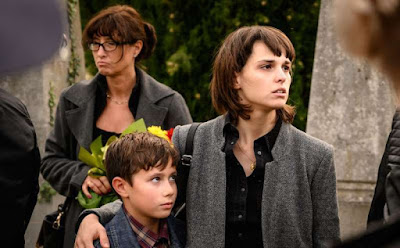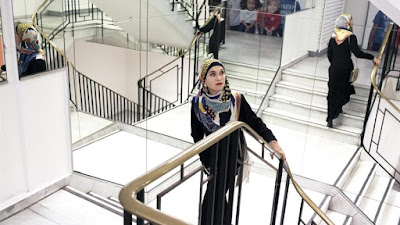After being recruited by a group of unconventional thieves, renowned criminal Richard Pace finds himself caught up in an elaborate gold heist that promises to have far-reaching implications on his life and the lives of countless others.
There is something to be said about the art of marketing and the magnetism of recognizable names and faces in the cast list. One look at this film's trailer or poster and it brings the nostalgia flooding back, to the days when Pierce Brosnan was James Bond. Whether you liked his tenure as James Bond or not, the role is evocative and stands out enough to create an expectation and sell tickets when Brosnan returns to the big screen for another film in the heist/spy/secret mission genre. Unfortunately, The Misfits is as entertaining as a sack of potatoes.
Beyond a reasonably quality appearance in production, there is little to praise about this film from Renny Harlin. The story is structured in a way that attempts to combine the exuberant character introductions of David Ayer's Suicide Squad, with the elaborate heists of the Oceans franchise, and the excessive action of the Fast & Furious franchise, but creates an unequivocal mess when the lifted elements contradict and conflict with one another.
Feeling more like a tickbox exercise than an attempt to tell a well-developed story, The Misfits is a film that revolves around a famous old white man and his attractive young daughter. Also part of the crew is a menagerie of diversity points in the form of ethnic characters that have no charisma, and little effect on the narrative of the story. The film relies on the acceptance that we are watching a group of highly skilled criminals and actually does a reasonable job at introducing them in the first act, but then fails to develop their characters any further, nor provide more than the token convenient opportunity for them to showcase their unique skill (some main characters aren't even lucky enough to be given a skill at all).
Aside from throwing a cavalcade of one-dimensional ethnic caricatures together for a heist, the overall pacing and structure of the film are sorely lacking. Spending over half of the film's runtime trying to recruit a single character who is given no reason to care, and does little to build a connection with the audience. With only the dogma of "stealing from the bad rich people to give to the poor", a belief that is practically abandoned by the end of the film anyway, The Misfits fails to provide any form of authentic character development, backstory, conflict, or challenges.
With unwanted narration that explains every single turn in the story before it happens, an over-reliance on physical and toilet humour, overly peppy music, and poorly constructed and edited action scenes, The Misfits falls flat at every turn.
It's peculiar how nice the production looks, which would indicate a reasonable budget, and yet every other facet from the script to the editing is poorly conceived and disastrously executed. Reliant solely on the dry British wit of Pierce Brosnan, The Misfits fails to fire, never building up to anything worthy of note. Stuff just happens, and it works out for our team. A film that may have gone down better when I was a teenager in the 2000s when my taste in humour was more juvenile, but coming out in 2021, this film isn't retro and nostalgic, it's already outdated.
The Misfits is in cinemas from July 29, 2021
Originally posted to: https://djin.nz/Kr8896






















































